Norovirus Alert: Prevention Tips Everyone Needs Right Now
Norovirus doesn’t knock—it bursts in. Often called the “winter vomiting bug,” this highly contagious virus can spread like wildfire through homes, schools, offices, and cruise ships, bringing days of misery in its wake. One contaminated surface, one shared meal, one missed handwash—and suddenly, you’re down with vomiting, diarrhea, cramps, and dehydration. What makes norovirus especially ruthless? It’s a survivor. It clings to doorknobs, elevator buttons, and countertops for days, resisting even some disinfectants. And because symptoms strike fast and hard, by the time you realize what hit you, you may have already spread it to others. But there’s good news: you can fight back. We’ve expanded our guide to 17 essential everyday prevention tips that go beyond basic hygiene to help you block norovirus at every turn. Whether you're protecting your home, your kids, or your travel plans, these strategies will help you stay a step ahead—and keep your household safe.
1. The Importance of Hand Hygiene
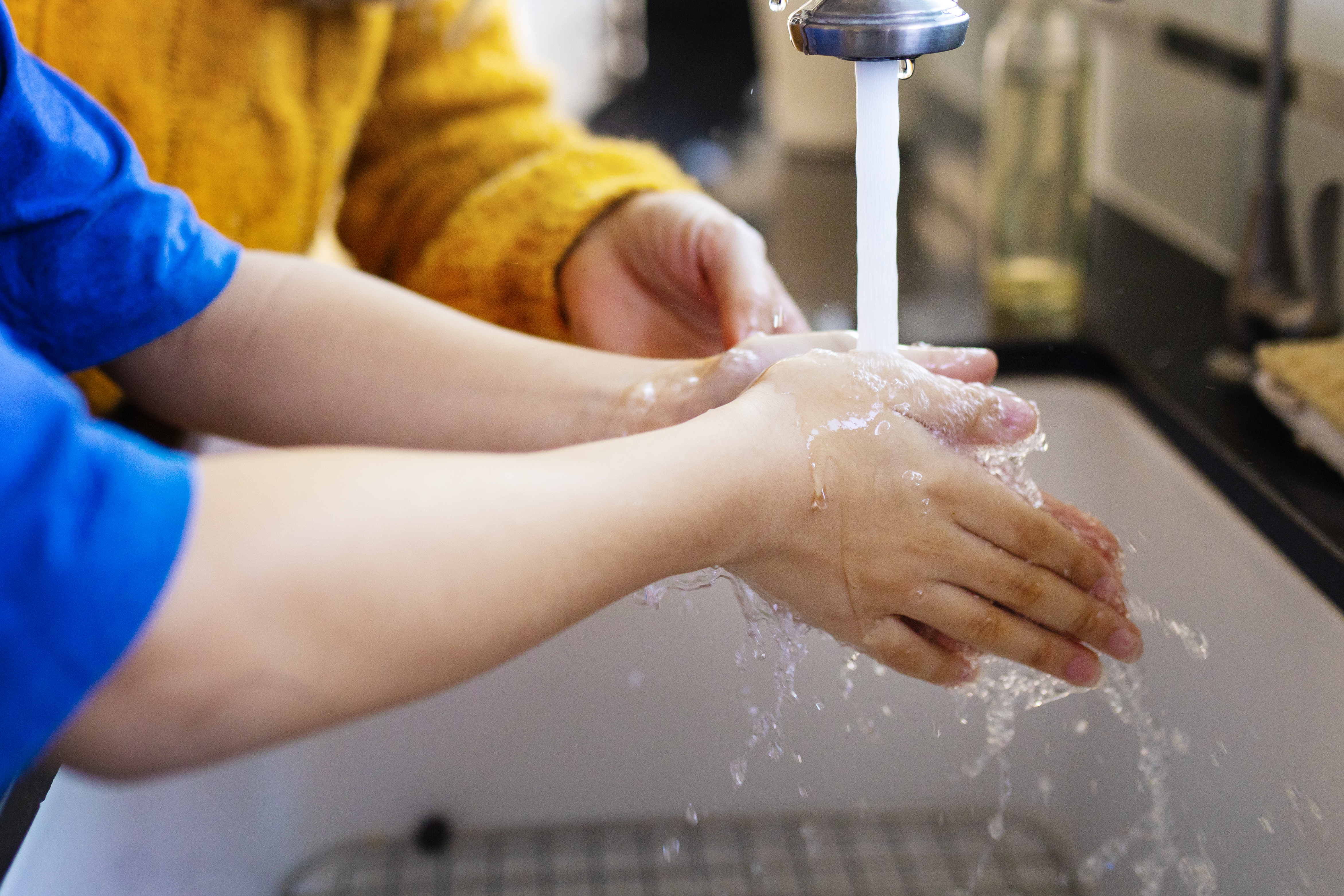
Hand hygiene is the cornerstone of preventing the spread of norovirus. The virus is primarily transmitted through direct contact with an infected person or by touching surfaces contaminated with the virus. Washing your hands thoroughly with soap and water is the most effective way to remove norovirus particles. Hand sanitizers, while convenient, are not as effective against norovirus as they are against other pathogens. It's important to wash your hands before eating, after using the restroom, and after any contact with potentially contaminated surfaces. Teaching children proper handwashing techniques can significantly reduce their risk of infection and help prevent outbreaks in schools and daycare centers.
2. Safe Food Handling Practices

Norovirus can also be transmitted through contaminated food and water. Ensuring safe food handling practices is essential to prevent infection. Always wash fruits and vegetables thoroughly before consumption, and cook seafood, particularly shellfish, to the recommended temperatures to kill any potential viruses. Avoid preparing food for others if you are experiencing symptoms of norovirus, as this can easily lead to contamination. Additionally, be mindful of the water sources you use for cooking and drinking, especially when traveling. Boiling water or using a reliable water filtration system can help eliminate the risk of norovirus contamination.
3. Disinfecting Surfaces and Objects

Norovirus can survive on surfaces for days, making regular disinfection crucial in preventing its spread. Focus on high-touch surfaces such as doorknobs, light switches, countertops, and bathroom fixtures. Use a bleach-based cleaner or a disinfectant that is effective against norovirus, following the manufacturer's instructions for proper dilution and contact time. For items like toys and utensils, consider using a dishwasher with a sanitizing cycle. Regularly disinfecting surfaces in your home, workplace, and other frequently visited areas can significantly reduce the risk of norovirus transmission.
4. Recognizing Symptoms and Acting Quickly

Being able to recognize the symptoms of norovirus early can help prevent further spread. Common symptoms include nausea, vomiting, diarrhea, stomach cramps, and sometimes fever. These symptoms typically appear 12 to 48 hours after exposure to the virus and can last for one to three days. If you suspect you have norovirus, it's important to isolate yourself from others and avoid preparing food. Stay hydrated by drinking plenty of fluids, and seek medical attention if symptoms persist or worsen. Prompt action can help contain the virus and protect those around you.
5. The Role of Immunity and Vaccination

While there is currently no vaccine for norovirus, research is ongoing to develop one. Understanding the role of immunity in norovirus infections can help in prevention efforts. People can become infected with norovirus multiple times due to the virus's genetic diversity and the short-lived immunity following infection. Some individuals may have partial immunity due to previous exposure, but this is not guaranteed. Staying informed about advancements in norovirus vaccination research can prepare you for future prevention strategies and contribute to broader public health efforts.
6. The Impact of Norovirus on Vulnerable Populations
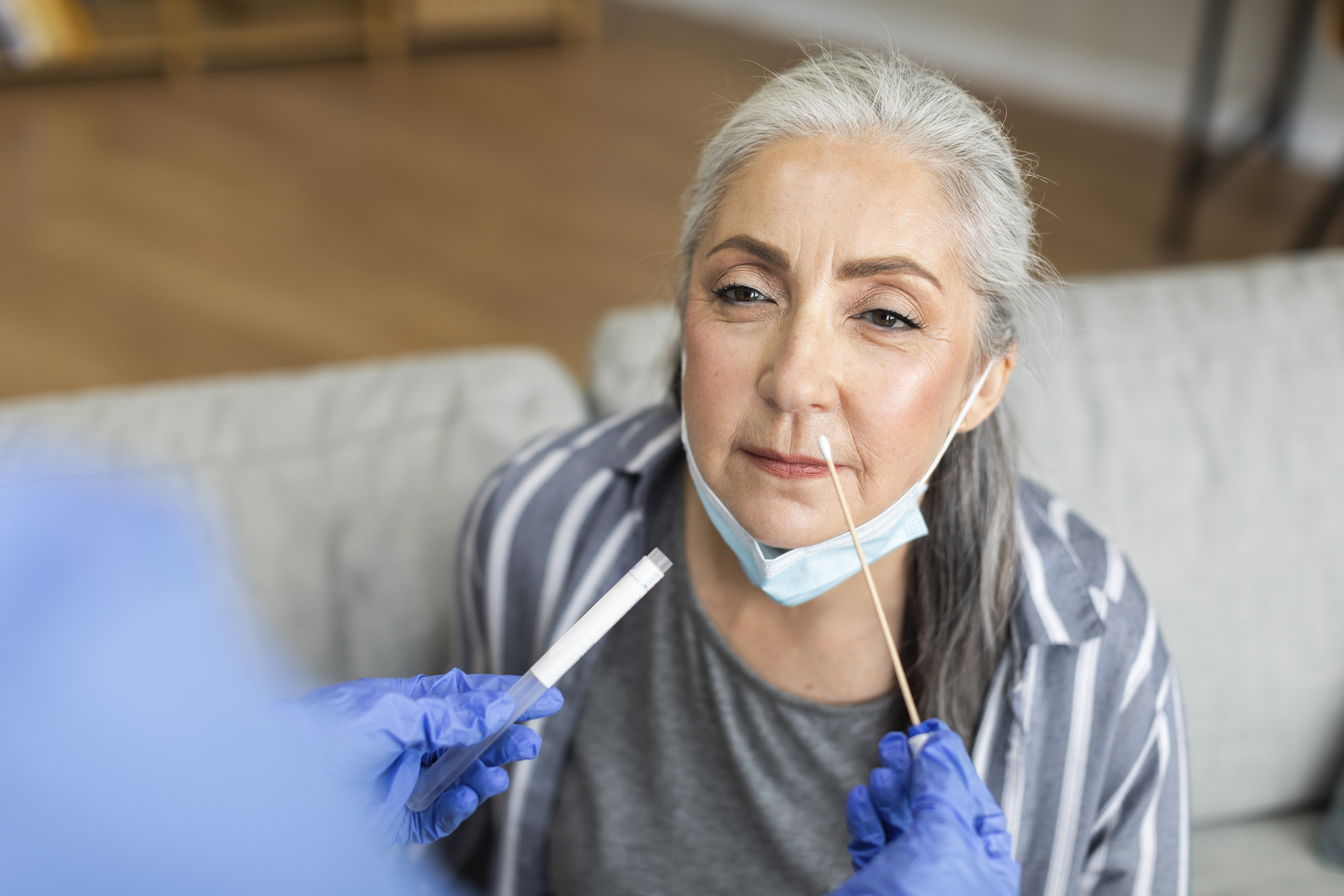
Certain populations are more vulnerable to severe norovirus infections, including the elderly, young children, and individuals with weakened immune systems. These groups are at a higher risk of dehydration and complications from the virus. Understanding the specific needs and risks associated with these populations is crucial for effective prevention and care. Caregivers and healthcare providers should be vigilant in monitoring symptoms and ensuring proper hydration and nutrition. Community awareness and targeted prevention measures can help protect these vulnerable groups from the severe effects of norovirus.
7. The Connection Between Norovirus and Travel

Traveling can increase the risk of norovirus exposure, particularly in crowded or enclosed environments like airplanes, cruise ships, and hotels. Being aware of the risks and taking preventive measures can help protect you during your travels. Practice good hand hygiene, avoid close contact with sick individuals, and be cautious with food and water consumption in unfamiliar locations. Consider carrying disinfectant wipes and hand sanitizer when traveling to maintain cleanliness in shared spaces. Staying informed about norovirus outbreaks in travel destinations can also help you make safer travel decisions.
8. Norovirus and Public Health Policies

Public health policies play a critical role in managing norovirus outbreaks and preventing their spread. Health authorities often implement measures such as quarantine, public awareness campaigns, and guidelines for food safety and sanitation during outbreaks. Understanding and adhering to these policies can help protect yourself and your community. Public health policies also guide research and funding for norovirus prevention and treatment, contributing to long-term solutions. Staying informed about public health recommendations and participating in community efforts can enhance collective resilience against norovirus.
9. The Economic Impact of Norovirus Outbreaks

Norovirus outbreaks can have significant economic impacts, particularly in sectors like healthcare, hospitality, and food service. The costs associated with treating infections, implementing control measures, and lost productivity can be substantial. Businesses may face reputational damage and financial losses due to closures and reduced consumer confidence. Understanding these economic implications highlights the importance of investing in prevention and control strategies. By reducing the incidence of norovirus, communities can minimize economic disruptions and support overall public health and well-being.
10. The Psychological Effects of Norovirus
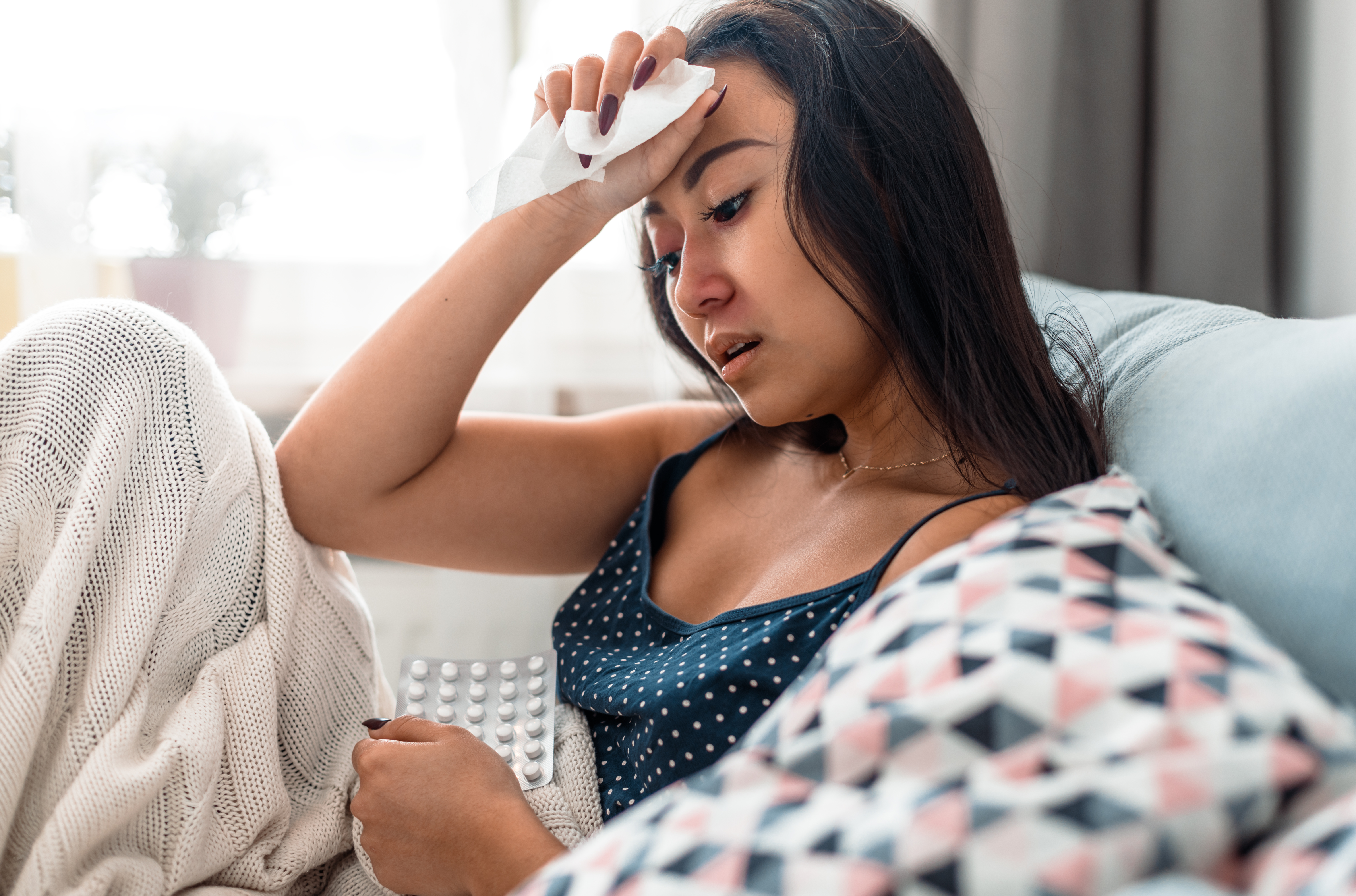
Beyond the physical symptoms, norovirus infections can also have psychological effects, particularly during widespread outbreaks. Anxiety about contracting the virus, the stigma associated with illness, and the stress of caring for sick family members can impact mental health. Recognizing these psychological aspects is important for comprehensive prevention and care. Providing support and resources for mental health can help individuals and communities cope with the challenges of norovirus outbreaks. Encouraging open communication and fostering a supportive environment can alleviate some of the psychological burdens associated with the virus.
11. Community Involvement in Prevention Efforts
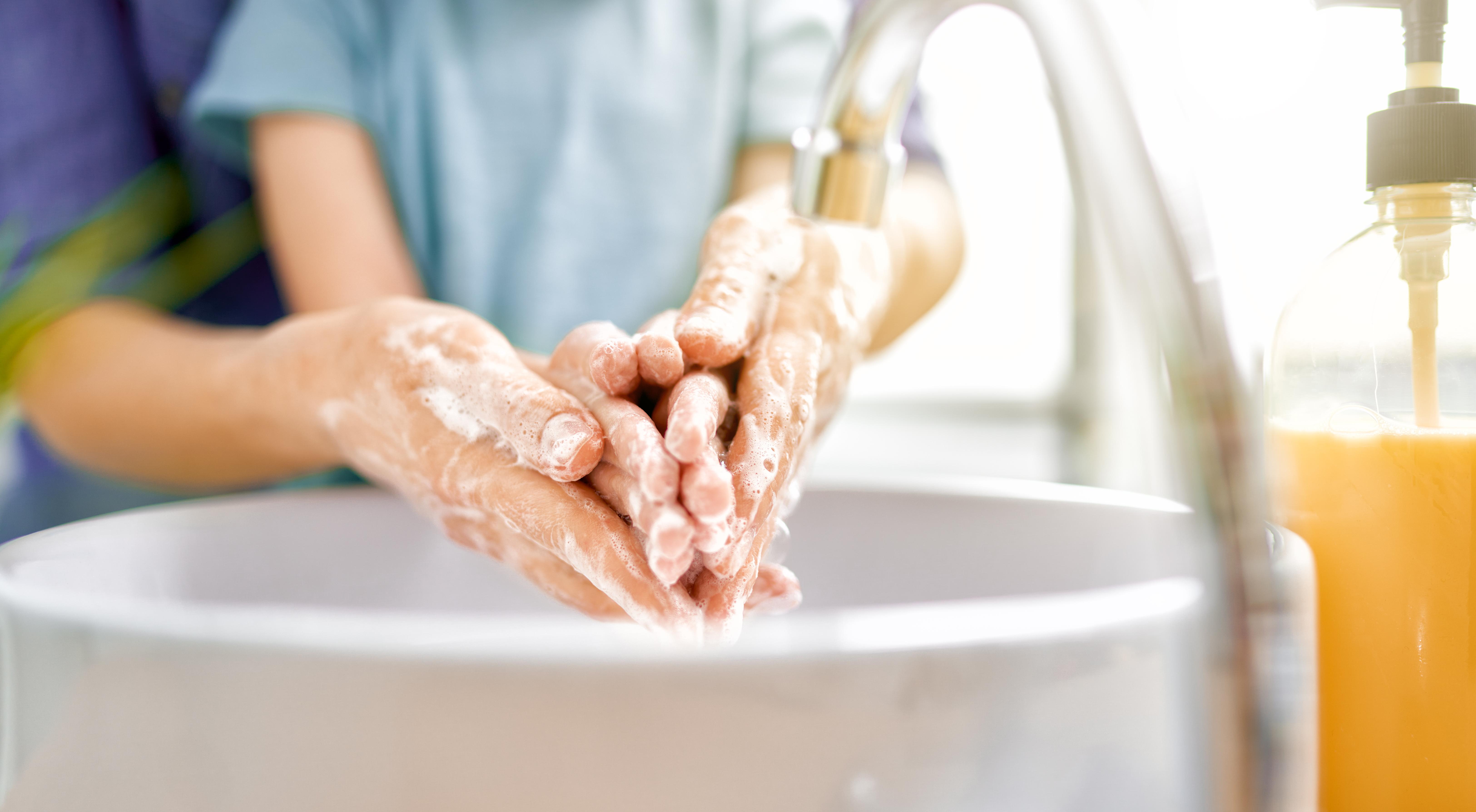
Community involvement is essential for effective norovirus prevention. Local organizations, schools, and businesses can play a significant role in promoting hygiene practices and supporting public health initiatives. Community education programs can raise awareness about norovirus and its prevention, empowering individuals to take proactive measures. Collaboration between community members, healthcare providers, and public health officials can enhance prevention efforts and ensure a coordinated response during outbreaks. By fostering a sense of shared responsibility, communities can build resilience and reduce the impact of norovirus.
12. Innovations in Norovirus Detection and Control
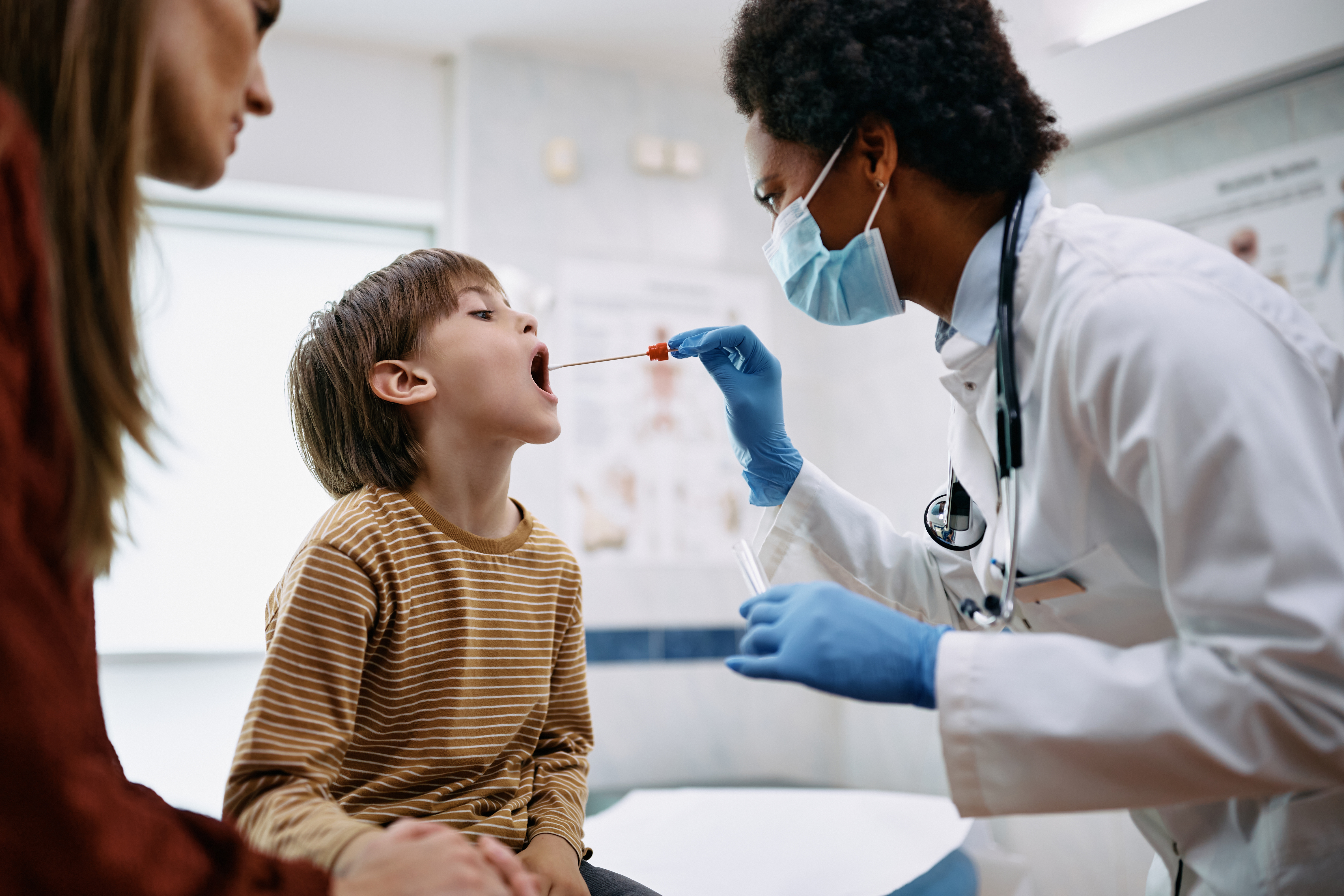
Advancements in technology and research are paving the way for innovative approaches to norovirus detection and control. Rapid diagnostic tests, improved sanitation technologies, and new treatment options are being developed to enhance prevention and response efforts. Understanding these innovations can help individuals and communities stay informed and adapt to evolving prevention strategies. Supporting research and embracing new technologies can contribute to more effective management of norovirus and reduce the burden of outbreaks. Staying engaged with scientific advancements can empower you to make informed decisions about norovirus prevention.
13. Rethink Shared Snacks and Potlucks

Passing around chips or sampling from a communal dip may seem harmless—but during norovirus season, it’s a silent invitation for germs to spread. Shared food bowls, buffet-style meals, and potlucks can easily become contamination zones if just one person is infected. Pediatricians and infection control experts recommend individual portions and serving utensils whenever possible. Encourage guests to wash their hands before eating, and avoid finger foods that get repeatedly touched. A little planning can protect a lot of people—especially in schools, office parties, and family gatherings. When in doubt, serve safety with the snacks.
14. Don’t Overlook Your Laundry Habits
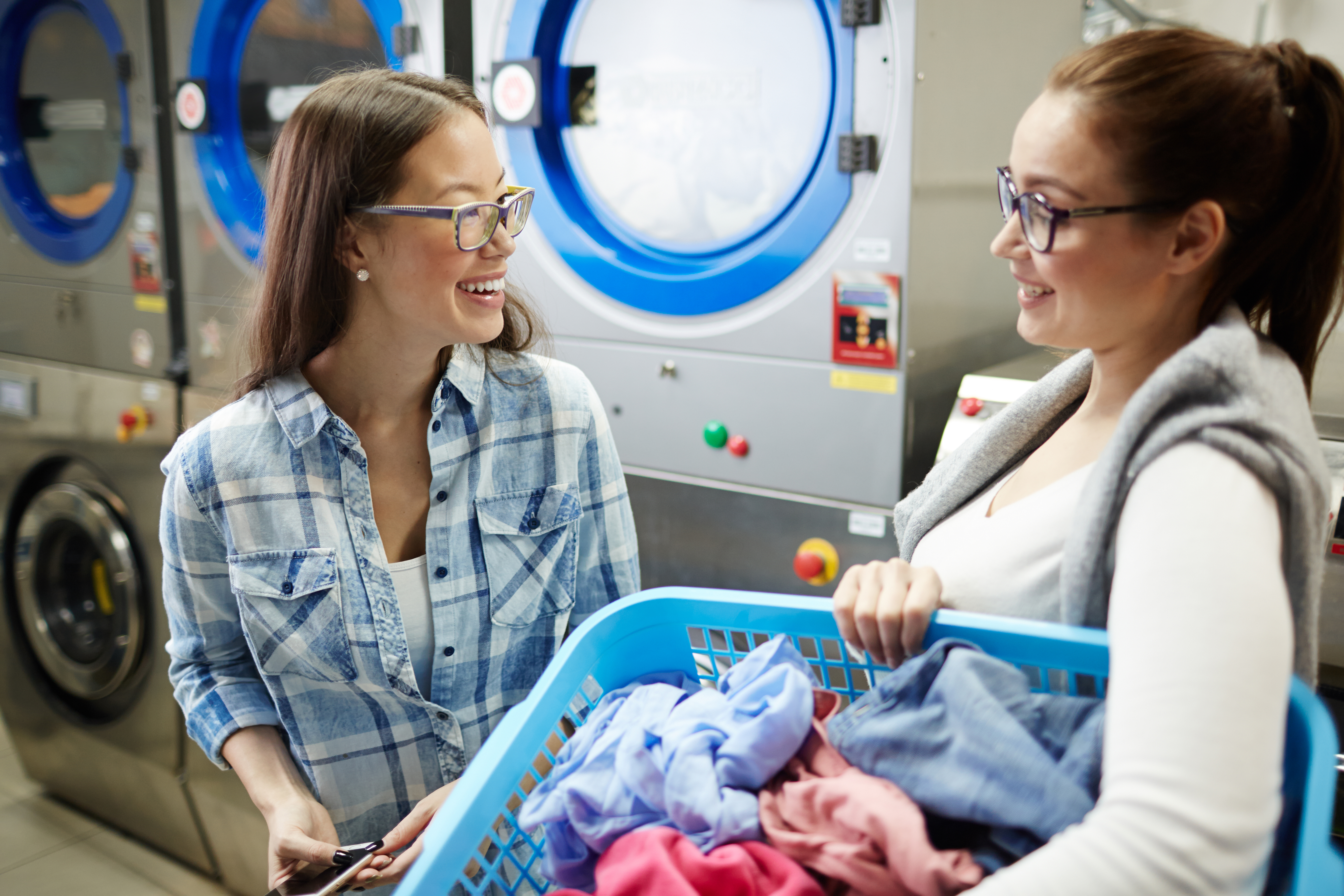
Norovirus particles can survive on clothing, towels, and bed linens for days—especially after a vomiting or diarrhea episode. If someone in your household is sick, treat their laundry like biohazard-lite. Wear gloves, avoid shaking dirty clothes (which can aerosolize the virus), and wash everything on the hottest setting the fabric allows, using bleach if possible. Dry thoroughly on high heat. Also sanitize hampers and laundry baskets regularly. It’s easy to forget just how many surfaces fabric touches—but norovirus doesn’t. Being mindful with laundry can help cut one of the most under-the-radar transmission routes.
15. Monitor Ice and Water Sources at Restaurants

You’d think food would be the main culprit at restaurants, but contaminated ice machines and water dispensers can be just as risky. Norovirus can survive freezing and may linger in inadequately cleaned machines or improperly handled water sources. Experts advise choosing sealed bottled beverages when dining in areas known for outbreaks—or when something feels “off” about sanitation standards. Avoid ice in drinks if you’re uncertain about hygiene. And when traveling abroad, be extra cautious: brushing teeth with tap water or rinsing produce in untreated water can easily lead to infection. Stay alert, even when seated.
16. Sanitize Your Tech (Yes, Really)

Phones, tablets, keyboards, and remotes: these high-touch tech surfaces are often neglected when disinfecting, but they’re prime real estate for norovirus. Think about it—you touch your phone constantly, often while eating, in the bathroom, or while caring for sick family. Yet how often do you clean it? Use alcohol-based wipes or screen-safe disinfectants daily, especially during an outbreak. Encourage kids and teens to clean their devices too. Norovirus doesn’t need a warm body to hang around—it just needs a screen you forgot to clean. Make tech hygiene part of your prevention routine.
17. Watch Out for Silent Spreaders

Some people infected with norovirus never show symptoms—but they can still shed the virus and infect others. This makes outbreaks especially tricky to contain, especially in tight-knit environments like schools, dorms, or offices. If there’s even a whisper of norovirus in your area, take extra precautions: ramp up handwashing, avoid shared food or utensils, and be cautious around group activities. Even someone who “just had a stomach thing” could still be contagious up to two days after they feel better. Awareness of asymptomatic spreaders is key to cutting off the virus before it gains ground.
Stay Ready, Stay Resilient

Norovirus doesn’t wait for permission—it thrives on our routines, our forgetfulness, our underestimation. But every surface wiped, every hand washed, every mindful choice you make sends a clear message: not here. These 17 prevention tips aren’t about paranoia—they’re about power. Power to protect your family, your community, and yourself with small, consistent actions that matter. From hidden hotspots like tech screens and ice machines to underestimated risks like shared snacks or laundry, awareness is your best defense. Because norovirus isn’t just tough—it’s sneaky. But so are you. Stay sharp. Stay clean. And when the next outbreak hits your school, office, or city, you’ll already be ahead of the curve—prepared, calm, and in control. In a world full of invisible threats, prevention isn’t just smart—it’s empowering. You can’t bubble-wrap life. But you can build habits that make your health harder to break. Let vigilance be your everyday shield.